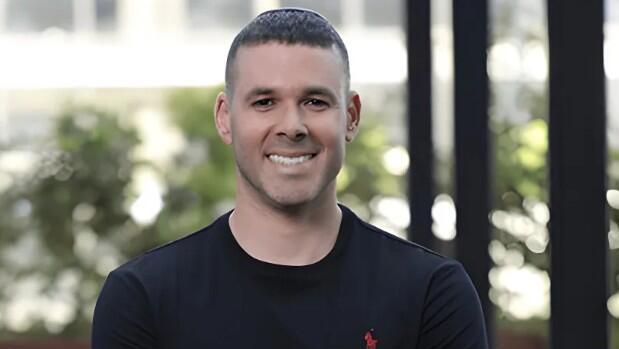Israel’s students may soon be getting personal tutors powered by artificial intelligence. The Center for Educational Technology (CET) and Israeli startup eSelf have launched an ambitious initiative: an AI-based private tutor, in the form of a personalized avatar, that will eventually be available to every student in Israel.
The goal is to close the educational gap between those who can afford private lessons and those who cannot—and to spark a broader revolution in education. For now, however, the plan remains a paid pilot.
The eSelf AI teacher
(Video: eSelf )
Tackling one of the education system’s deepest challenges
CET, the organization behind much of the curriculum taught in Israeli schools, has partnered with eSelf, a local startup specializing in AI-generated avatars, to launch what they describe as nothing less than a “global educational revolution from Israel.” Their newly announced venture aims to provide students with access to virtual, AI-powered private tutors—initially in math and Hebrew—designed to offer support anytime, anywhere.
The initiative is built on academic research showing that students who learn in one-on-one settings perform significantly better than those in standard classrooms. The problem, as every Israeli parent knows, is cost: private lessons typically range from 150 to 250 shekels per hour, sometimes more, making such support a luxury many families can’t afford. The idea is to use technology to bring the benefits of private tutoring to every student via CET’s existing “Ofek” learning platform.
Personalized AI tutors for every student
According to eSelf, its avatars can be fully customized—both in appearance and personality—according to student preference. They’re designed to hold natural conversations, present educational content, generate real-time visual aids (such as images and videos), respond to questions, and adjust the lesson difficulty to each student’s needs. Crucially, the system is programmed to stay focused: if a student tries to chat off-topic, the avatar will gently steer them back to the material—just like a real teacher might.
The technology, developed entirely in-house at eSelf, includes speech recognition, large language models, real-time voice synthesis, and video generation.
“We’re aware of the Education Ministry’s previous attempt to implement AI in schools, which was put on hold,” said Dr. Alan Becker, CEO of eSelf. “However, we’re not part of that initiative. Our technology is being introduced independently through CET’s Ofek platform, not via the ministry. eSelf was built from the ground up to be a focused, task-oriented private tutor, and this partnership ensures full integration with CET’s pedagogical content.”
In other words, the company appears to have avoided the pitfalls that derailed the ministry’s school-based AI program about two months ago, after it was found to deliver “inappropriate” content to students from certain sectors.
Free trial now—subscription later
Harvard University is involved as an academic advisor and will help assess the program’s impact, giving the project an impressive stamp of credibility. But what about the Education Ministry? The connection is indirect: the initiative runs via the Ofek platform, which operates with ministry approval, but it is not a ministry-led program.
eSelf notes that while the Education Ministry may eventually adopt the system officially, that would be on commercial terms. Translation: if the platform is rolled out more widely, access will likely come at a cost.
Get the Ynetnews app on your smartphone: Google Play: https://bit.ly/4eJ37pE | Apple App Store: https://bit.ly/3ZL7iNv
For now, the companies are launching a free pilot focused on preparing for the English matriculation exam. The first 10,000 students to register will receive access to the trial. After that, a monthly subscription model is planned. While the exact price hasn’t been finalized, the company promises it will be “affordable for all”—significantly cheaper than a private lesson.
Founded in 2023 by Dr. Alan Becker (CEO) and Ilon Shoshan (CTO), eSelf employs 20 people out of its Givat Shmuel office and recently raised $4.5 million in a seed funding round. Despite its young age, the company has already made headlines in the U.S. for its AI sales avatars in real estate, reportedly helping close deals worth over $100 million. Now, it's turning its sights to education, hoping to replicate that success.
The integration of eSelf’s technology with CET’s content and infrastructure—backed by Harvard—holds significant potential to reshape how students practice and receive academic support.
Still, big questions remain: can a digital avatar form the personal connection and empathy so often critical in one-on-one tutoring? And will the subscription model truly be accessible enough to bridge the very gap it’s meant to close? For now, the AI tutor remains a promising concept in its early stages. The real test will come with the results of the pilot—and how the educational system chooses to adopt or reject it.





